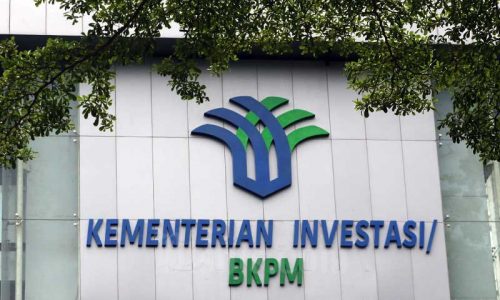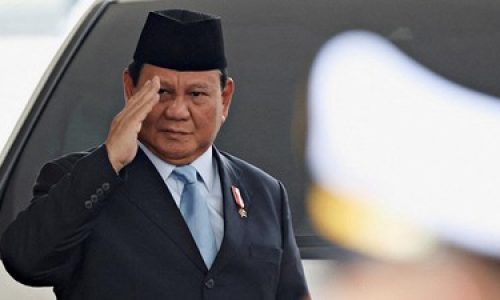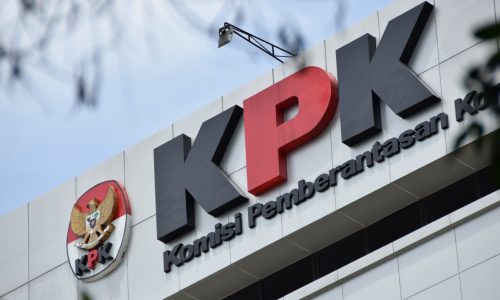The 8-percent economic growth target set by the Prabowo Subianto government in 2026 must be supported by strong energy security, with sea transportation playing a key role, an observer says.
“Considering that Indonesia is an archipelagic country, the reliability of energy transportation, especially Fuel Oil (BBM) and Liquified Petroleum Gas (LPG), is a crucial element in stabilizing domestic energy availability,” Energy economic observer at the Padjadjaran University’s School of Economy and Business, Yayan Satyakti, spoke to Indonesia Business Post, on Monday, December 9, 2024.
He highlighted the role of Pertamina International Shipping (PIS) as the backbone of national energy logistics. Every year, PIS manages more than 20 thousand calls or voyages to meet energy needs throughout Indonesia.
“PIS has played a strategic role as the ‘blood vessel’ of energy distribution to various corners of the archipelago,” Yayan said.
According to Statistic Indonesia (BPS) data, the total share of the energy sector that uses Sea Transportation is 1,243 persen of the total National Output. It shows that the energy sector that uses sea transportation is ranked third after Transportation Support Services and Postal and Courier Services.
PIS’s claim in its 2023 Performance Report said that 78 percent of the national Sea Transportation Services market share is controlled by Pertamina International Shipping, while the remaining 12 percent is controlled by non-Pertamina shipping companies.
Supply stability
According to Yayan, the stability of the supply of fuel and LPG is very important to drive the wheels of the economy, starting from the manufacturing sector, transportation, MSMEs, to households. This stability, he continued, will encourage the acceleration of economic growth.
“To pursue 8 percent growth in 2026 with the 2060 Net Zero Emission scenario, Indonesia needs a large energy investment. Additional gas generators are needed up to 1.82 times, geothermal 1.25 times, and diesel generators 0.5 times the 2016 capacity. All of this requires reliable energy logistics, such as what PIS has implemented,” he said.
He also highlighted Indonesia’s geographical challenges as an archipelagic country. He assessed that PIS must be able to anticipate an increase in energy needs of up to two times in 2030 to support the economic growth target.
Furthermore, Yayan encouraged the development of energy logistics infrastructure that is evenly distributed throughout Indonesia. According to him, good infrastructure will increase the efficiency of energy distribution, strengthen buffer stocks, and maintain the stability of the national energy supply.
“Energy is the main driver of the economy. If energy logistics are disrupted, the impact will multiply to other sectors. By strengthening infrastructure, distribution efficiency, and supply stability, Indonesia can achieve its economic growth target while strengthening national energy security,” he concluded.









